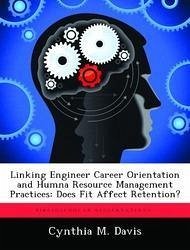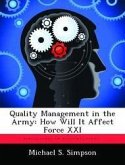Turnover of the Air Force civil engineering (CE) officers is becoming increasingly important, as levels of CE Captains consistently decreases. Allen and Katz (1986) identified three career orientations of engineers based on their job preference-project, professional, and management engineers. Shepard (1958) suggested a dual-ladder promotion system to meet the career desires of technical and management workers. Additional research has proposed "desired" Human Resource Management (HRM) practices to facilitate the retention of each type of career-based engineer (Lee and Maurer, 1997). In an effort to determine if these career orientations, along with Air Force HRM practices, were linked to declining retention, a survey was sent to 927 company grade CE officers to measure these and other variables of interest including career satisfaction, perceived organizational support and participant's intent to remain in the Air Force. Results of the analysis revealed 50 percent of the 443 respondents were management oriented, while only 37 percent of the respondents were project oriented and 13 percent professional oriented. Management oriented CE officers reported higher levels of career satisfaction and intent to remain in the Air Force than the other two orientations. Respondents across all orientations perceived a significantly lower opportunity for training and development and career progression than they desired. Regression analysis revealed career satisfaction to be a significant predictor of career intent, while career planning and perceived organizational support were significant predictors of career satisfaction.
Bitte wählen Sie Ihr Anliegen aus.
Rechnungen
Retourenschein anfordern
Bestellstatus
Storno









